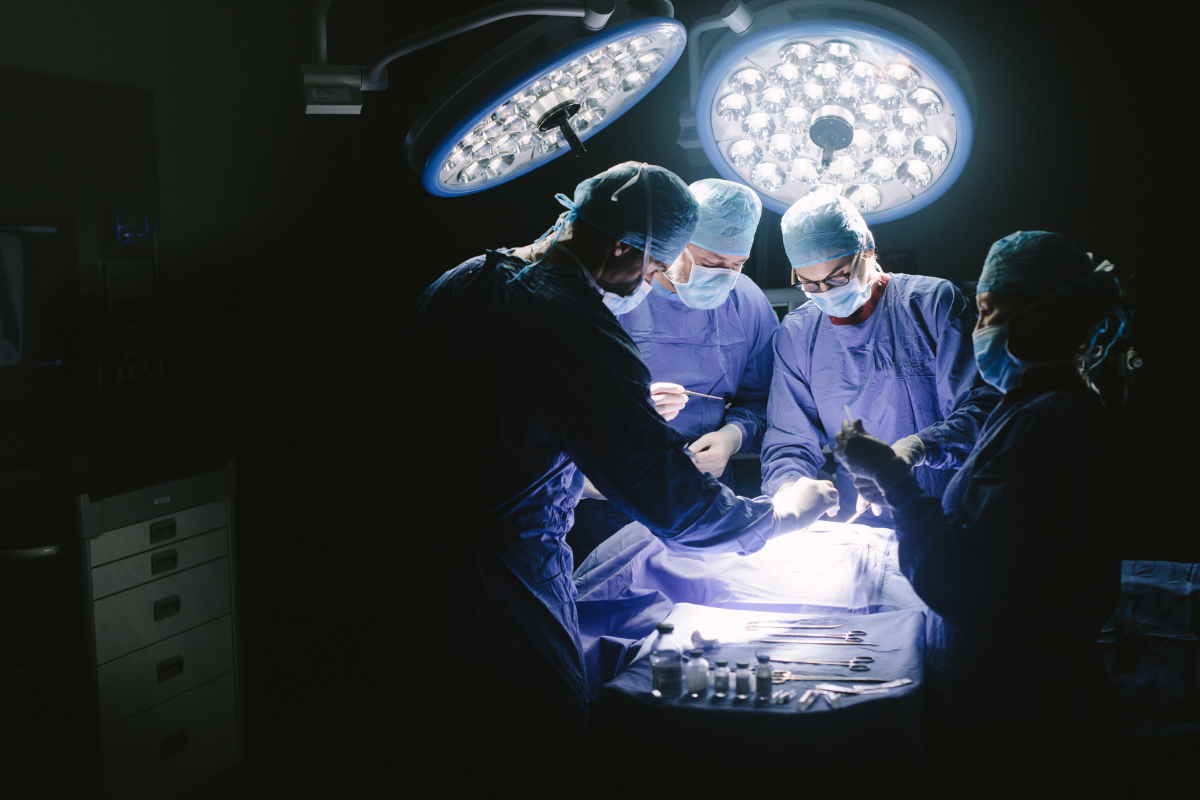- Anesthesiology
- Cardiology
- Dermatology
- Dialysis
- Endocrinology
- ENT
- Gastroenterology
- General medicine
- General surgery
- Gynaecology
- Infertility
- Intensive care
- Laparoscopic surgery
- Nephrology
- Neurology
- Obstetrics
- Oncology
- Orthopedics
- Pediatric
- Physiotherapy
- Plastic surgery
- Psychiatry
- Pulmonology
- Radiology
- Urology

The subspecialty of surgery that focuses on the primary therapy focuses of surgical procedures. Diseases of the belly, head, neck, blood vessels, breast, and digestive tract are all common areas of focus for general surgeons. They are also responsible for managing the treatment of patients who have sustained injuries, who have deformities, or who have other conditions that call for surgical intervention.
To maximise patient happiness and facilitate a rapid recovery, the surgeons who work at Altor Hospitals focus largely on performing procedures that need the least amount of invasiveness possible. Because we care about our patients and their health, we have a talented team of medical professionals and doctors who collaborate directly with every patient to make the most of our cutting-edge facilities and provide therapeutic care for a variety of chronic and acute diseases.
Why choose Altor Hospitals for General surgery?
In the department of general surgery in Altor Hospitals, the total health and wellbeing of each patient is a top priority. We give extensive pre- and post-surgical care and ensure that every patient feels supported and comfortable. Because we recognise that each situation is unique, we discover the underlying cause of every patient's ailment and cooperate with specialists in relevant fields before developing a treatment plan that is tailored to the patients' needs.
Our team of medical specialists also guarantees that they discuss the patient's situation with them or with their family and answer any of their concerns regarding the possible treatment options, disease conditions, surgical technique, and what to expect after the procedure.
Our services in General surgery
- Appendicitis
- Hernias
- Inflammatory bowel disease
- Ulcerative colitis
- Faecal incontinence
- Fistula
- Polyps
- Peripheral vascular disease
- Adrenal disorder
- Gall stones
Our treatments in General surgery
- Hernia repair
- Breast surgery
- Vascular surgery
- Endocrine surgery
- Laparoscopic surgery
- Cardiothoracic surgery
- Trauma surgery
- Transplant surgery
- Surgical oncology
FAQs
Will I experience discomfort throughout the procedure?
Following the procedure, you should anticipate some discomfort; however, the doctor will provide you with painkillers to address this. Pain could be in either shoulder or both. Your diaphragm becomes irritated as a result of the surgical use of carbon dioxide gas. The discomfort you experience at the incision region may also get better after you take pain medication. After a few days, you will progressively take less of the medication until you are off of it altogether.
Does keyhole surgery hurt?
You can feel some mild discomfort and pain in the surgical site after the procedure. Additionally, a temporary sore throat caused by the anaesthesia tube is self-limiting. Bloating and cramping may also occur as a result of some of the gas utilised remaining inside your abdomen.
What signs indicate gallbladder stones?
The most typical symptoms of gallbladder stones are "Indigestion", right upper abdomen pain that may spread to the right scapula area, Nausea, and occasionally vomiting. The symptoms may occasionally be more severe due to complications brought on by gallstones and may include severe upper abdominal and back pain, fever, and jaundice. The symptoms often appear after a fat or filling meal and are frequently experienced.
What would make me go to a general surgeon?
For a variety of conditions affecting the oesophagus, small bowel, colon, liver, gall bladder, stomach, pancreas, skin, or breast, you might visit a general surgeon.
